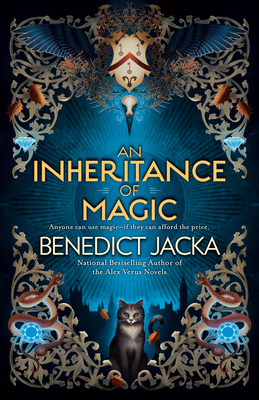 An Inheritance of Magic (Stephen Oakwood, #1) by Benedict Jacka
An Inheritance of Magic (Stephen Oakwood, #1) by Benedict Jacka Format: eARC
Source: supplied by publisher via Edelweiss
Formats available: paperback, ebook, audiobook
Genres: urban fantasy
Series: Stephen Oakwood #1
Pages: 384
Published by Ace on October 5, 2023
Purchasing Info: Author's Website, Publisher's Website, Amazon, Barnes & Noble, Kobo, Bookshop.org, Better World Books
Goodreads
The super-rich control everything—including magic—in this thrilling and brilliant, contemporary fantasy from the author of the Alex Verus novels.
The wealthy seem to exist in a different, glittering world from the rest of us. Almost as if by... magic.
Stephen Oakwood is a young man on the edge of this hidden world. He has talent and potential, but turning that potential into magical power takes money, opportunity, and training. All Stephen has is a minimum wage job and a cat.
But when a chance encounter with a member of House Ashford gets him noticed by the wrong people, Stephen is thrown in the deep end. For centuries, the vast corporations and aristocratic Houses of the magical world have grown impossibly rich and influential by hoarding their knowledge. To survive, Stephen will have to take his talent and build it up into something greater—for only then can he beat them at their own game.
My Review:
In a famous exchange between F. Scott Fitzgerald and Ernest Hemingway, Fitzgerald claimed that “the rich are different from you and me” to which Hemingway rejoined “Yes, they have money.”
That principle is at the heart of An Inheritance of Magic, as the story begins with Stephen Oakwood discovering that he’s related to a rich and powerful family – who have only looked him up in order to stomp him like a bug.
Because they are powerful because they are rich, and rich because they are powerful, and as far as they are concerned his only use to any of them is as a pawn in their games – both mundane and, more importantly, magical.
The magic is called drucraft, a talent in which Stephen has had only one teacher and little to no training. Which means that over his relatively short life, he’s learned to do things that organized training would have told him were impossible. And maybe they mostly are, but for him, some of them are not.
So Stephen’s story is about having the lesson literally beaten into him that the playing field is not level – because it isn’t. And it’s about Stephen deciding that even if that is true – and it is – there is nothing stopping him from doing his level best to level it – one way or another.
If he doesn’t have the training to play by their rules, he can develop the power and more importantly the will to make them play by his. Because they’ve already made him see what the worst case scenario might cost him and he’s not willing to go there again.
No matter how many rules – or people – he has to break along the way.
Escape Rating B+: An Inheritance of Magic is a combination of a coming-of-age story and a coming-into-power story set in an urban fantasy version of our world where magic hides in plain sight even as it magnifies the ambitions and the sheer reach of the rich and powerful.
Stephen Oakwood is the perspective through which we learn about this hidden world as he is rather forcibly jerked into it – initially very much to his detriment. He’s always known about drucraft, and has been doing his best to practice the first principles of the discipline that his father taught him, but Stephen is at multiple disadvantages when the story begins.
His mother disappeared when Stephen was barely a year old and he knows nothing about her. His father disappeared three years ago, just as Stephen turned 18, and no trace of him has ever been discovered. Stephen is supposed to be starting his adult life, but at 21 he’s barely scraping together enough to get by and can’t decide what he wants to do when he grows up.
He wants to find his dad. He wants to practice drucraft. But he needs to pay rent and keep himself and his cat Hobbes fed and watered. He’s drifting when he literally gets kidnapped by his mother’s obscenely rich and powerful family so that the members of his generation of that family can use him as a pawn in each of their games to become the sole heir to the seat of power.
The story of An Inheritance of Magic is the story of how Stephen stops being a pawn. But it’s only the barest beginnings of that story, because first he has to learn a whole lot more about what drucraft can do for him in his struggle, and the reader has to learn what kind of magic it exactly is and how it works. Meaning that a LOT of the story is taken up with our introduction to drucraft through his learning and training process.
It means that, while the beginning of this story is very scarily WOW, and the ending is slam-bang awesome, the middle is a whole lot of lonely exploration of both his craft and the world in which it happens. For some readers that’s catnip and for others it will be a bit of a slog and your reading mileage may vary.
And there’s more than a bit of a trigger warning for that scary WOW at the beginning. Because Stephen’s one true hostage to fortune is his cat, Hobbes, so, when his powerful but psychotic family wants to teach the upstart a lesson they take it out on poor Hobbes. While the cat does eventually get better, because Stephen’s combination of guilt and angst leads to a breakthrough in his craft and power, I almost DNF’ed at that point because the cat’s pain and Stephen’s anguish over it were almost too much for this cat lover to bear. Hobbes comes back stronger than ever and so does Stephen, but OMFG it was awful going through that with them. So consider yourself warned.
Hobbes’ situation aside, this type of story, of a young man discovering that his rich family are lying assholes who want to use him and him learning how to hoist them and the society they think they own on their own petards is not exactly new except for the drucraft. In fact, it’s the setup of a fair amount of Harry Potter fanfiction of certain stripes.
Which doesn’t mean it’s not an interesting setup for a series, because it most definitely is. Particularly if you’re the kind of reader who likes seeing a whole bunch of assholes get righteously taken down – because I think we’re going to get there in the end.
I most definitely AM that kind of reader, so I’m looking forward to seeing where Stephen Oakwood’s adventures in drucraft lead him, and us, to next!

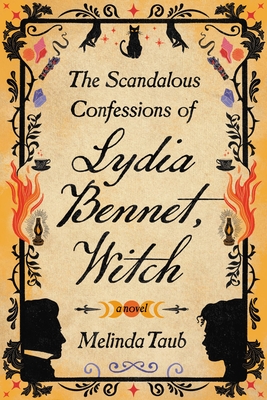 The Scandalous Confessions of Lydia Bennet, Witch by
The Scandalous Confessions of Lydia Bennet, Witch by 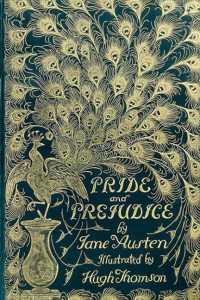 Escape Rating B: This wants to be Lydia Bennet’s redemption story. Or rather, the way it’s written, as Lydia’s confessional to an initially unnamed party, Lydia thinks it’s her redemption story when it’s actually not. It IS a confession, of sorts, but it’s a self-justification story. It’s her long-winded explanation of everything that happened and why it happened the way it did. It’s her attempt to win forgiveness. A forgiveness she only proves herself deserving of when she DOESN’T send the damn thing.
Escape Rating B: This wants to be Lydia Bennet’s redemption story. Or rather, the way it’s written, as Lydia’s confessional to an initially unnamed party, Lydia thinks it’s her redemption story when it’s actually not. It IS a confession, of sorts, but it’s a self-justification story. It’s her long-winded explanation of everything that happened and why it happened the way it did. It’s her attempt to win forgiveness. A forgiveness she only proves herself deserving of when she DOESN’T send the damn thing.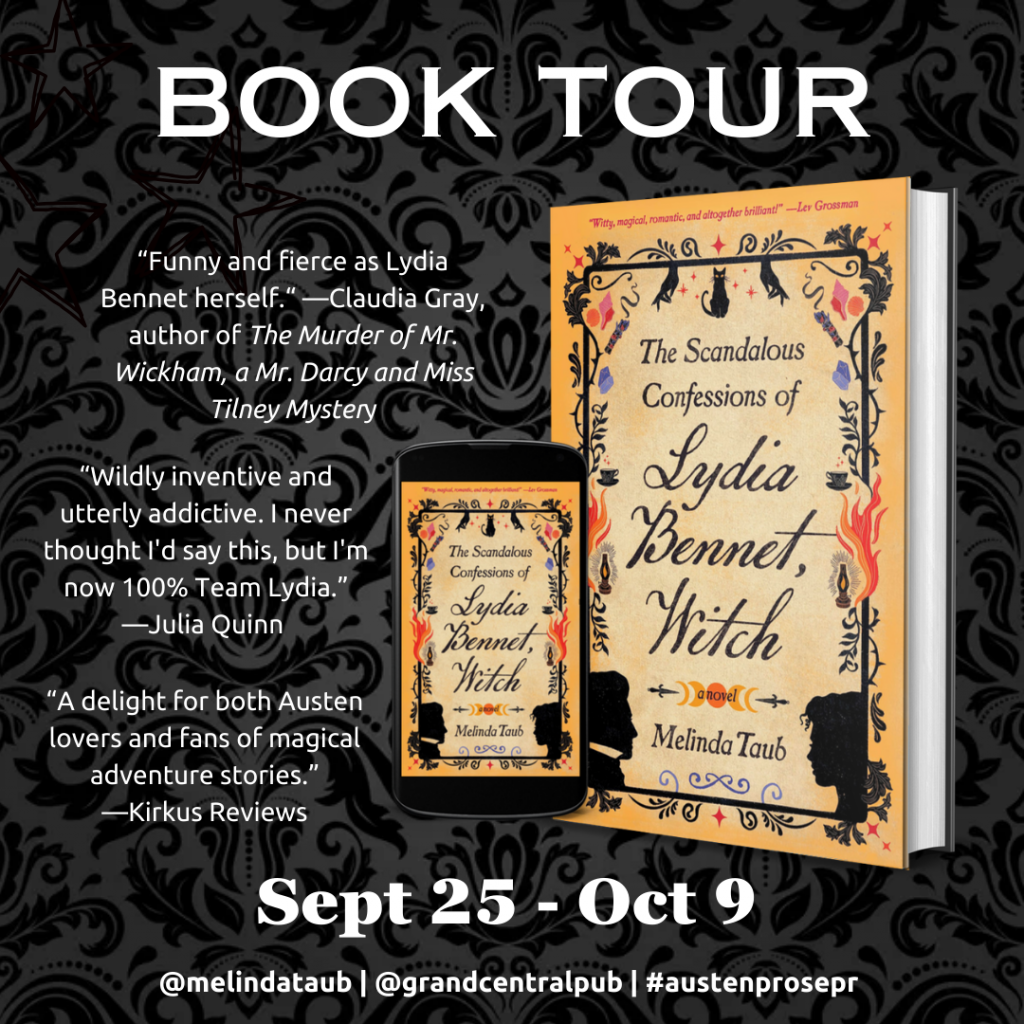
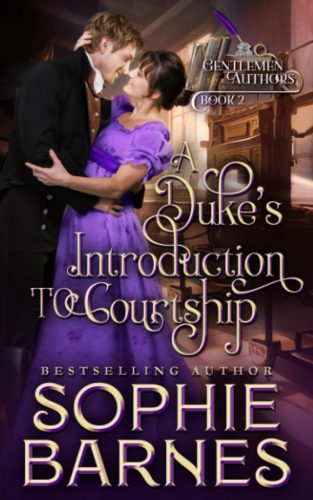 A Duke's Introduction to Courtship (The Gentlemen Authors #2) by
A Duke's Introduction to Courtship (The Gentlemen Authors #2) by 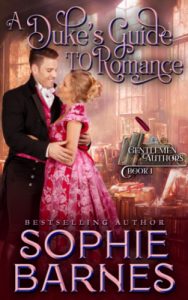 There are two stories being told in parallel. The individual story in each book in the series, beginning with
There are two stories being told in parallel. The individual story in each book in the series, beginning with 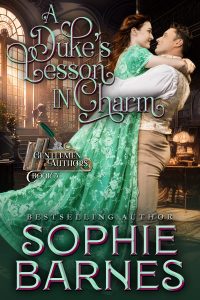 We’ve already seen the situation that Brody and his friends are in. It’s not exactly life-threatening, but it is serious from their perspective. First of all, they’ve all been really stupid and they all regret it. They all miss their fathers who were taken from them MUCH too soon. What allows the reader to have sympathy for a group of men who are fantastically well off but merely not as rich as they could be comes down to the way they approach their situation. They are not thinking of themselves but rather of the people who depend on them, and that’s a position that is easier to respect.
We’ve already seen the situation that Brody and his friends are in. It’s not exactly life-threatening, but it is serious from their perspective. First of all, they’ve all been really stupid and they all regret it. They all miss their fathers who were taken from them MUCH too soon. What allows the reader to have sympathy for a group of men who are fantastically well off but merely not as rich as they could be comes down to the way they approach their situation. They are not thinking of themselves but rather of the people who depend on them, and that’s a position that is easier to respect.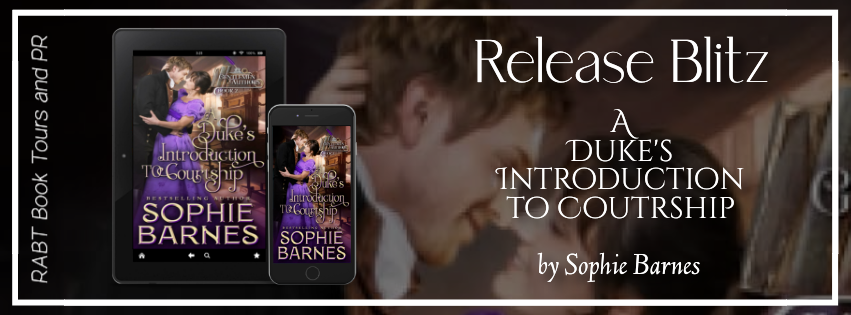
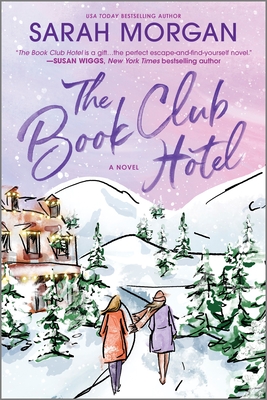 The Book Club Hotel by
The Book Club Hotel by  Escape Rating B+: I picked this up for two reasons, and I’m not sure which is first or second. The whole concept of a vacation just to read and spend time with lifelong friends and read, (did I mention read?) and relax and oh, yes, read – sounds a bit like heaven. And the setting of The Book Club Hotel seemed particularly idyllic, including a brief trip to a ‘Winter Wonderland’ without having to stick around for the next several months of freezing temperatures, gray snow and mud. (Been there, done that, the t-shirts are all long-sleeved and insulated.)
Escape Rating B+: I picked this up for two reasons, and I’m not sure which is first or second. The whole concept of a vacation just to read and spend time with lifelong friends and read, (did I mention read?) and relax and oh, yes, read – sounds a bit like heaven. And the setting of The Book Club Hotel seemed particularly idyllic, including a brief trip to a ‘Winter Wonderland’ without having to stick around for the next several months of freezing temperatures, gray snow and mud. (Been there, done that, the t-shirts are all long-sleeved and insulated.)
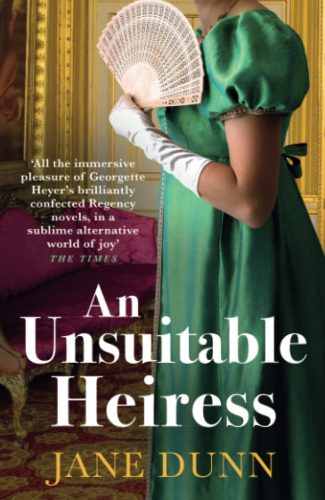 An Unsuitable Heiress by
An Unsuitable Heiress by 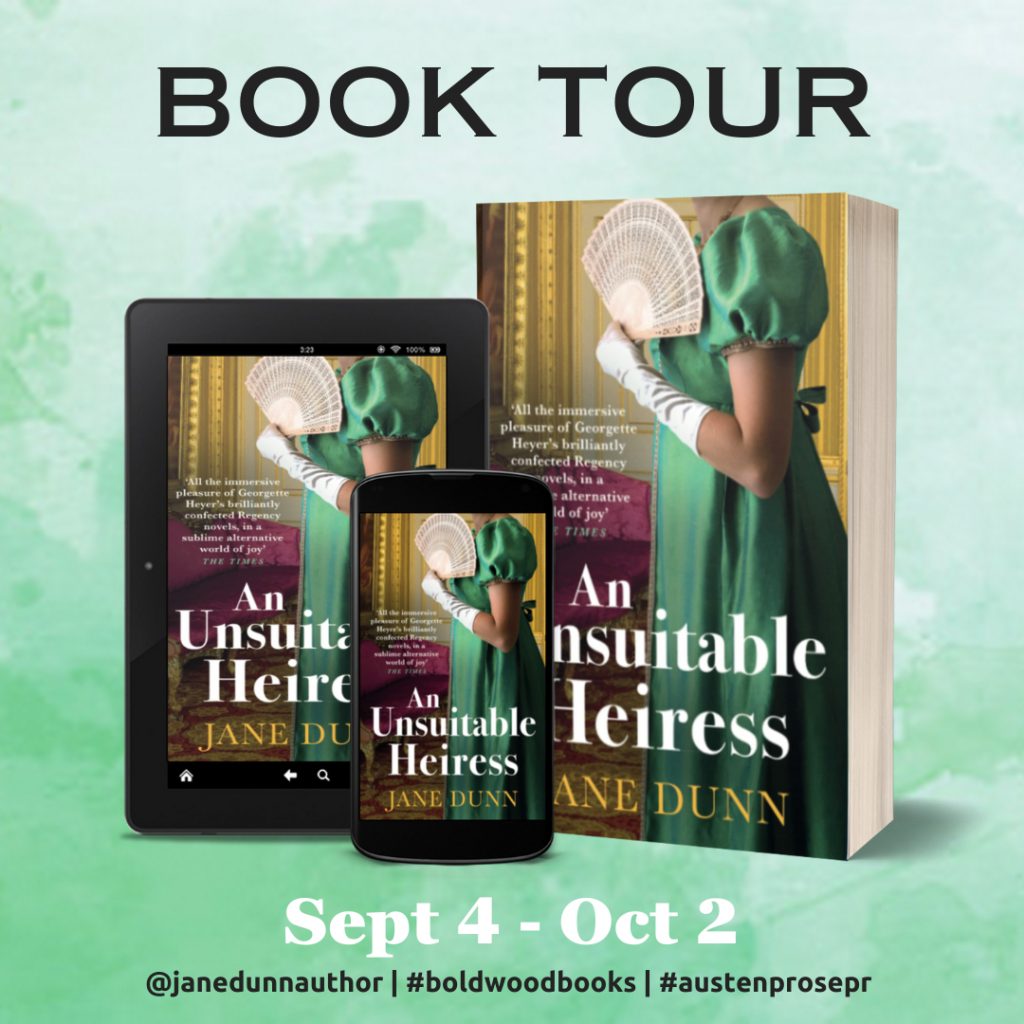
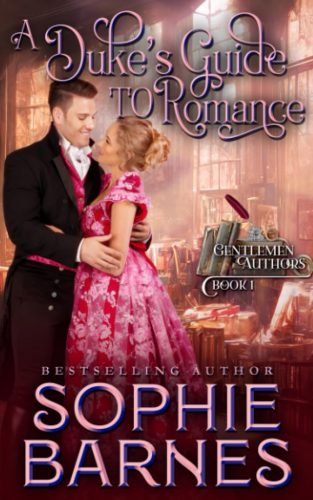 A Duke's Guide to Romance (The Gentlemen Authors #1) by
A Duke's Guide to Romance (The Gentlemen Authors #1) by 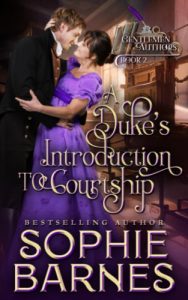 Escape Rating A-: A Duke’s Guide to Romance is a deliciously frothy confection, light and fluffy and full of wit and sparkle with just the barest hint of a misunderstandammit to keep the characters on their toes until the very end.
Escape Rating A-: A Duke’s Guide to Romance is a deliciously frothy confection, light and fluffy and full of wit and sparkle with just the barest hint of a misunderstandammit to keep the characters on their toes until the very end.
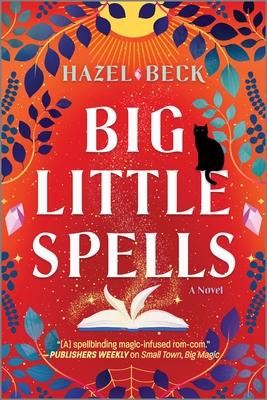 Big Little Spells (Witchlore, #2) by
Big Little Spells (Witchlore, #2) by 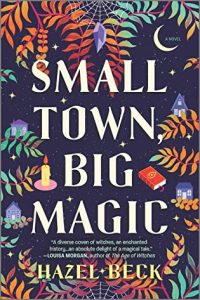 Escape Rating B+: In that opening bit of petty bullshit, I began wondering if the reason that nasty showed up in the river was either because Joywood summoned it themselves – or if they were just so corrupt that like called to like. I’m still debating that particular question – but hunting for the answer certainly kept me turning pages.
Escape Rating B+: In that opening bit of petty bullshit, I began wondering if the reason that nasty showed up in the river was either because Joywood summoned it themselves – or if they were just so corrupt that like called to like. I’m still debating that particular question – but hunting for the answer certainly kept me turning pages.
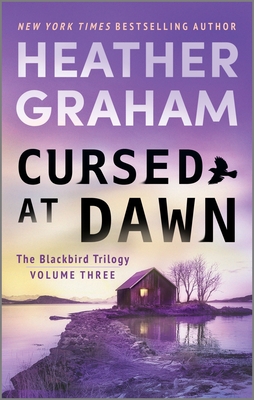 Cursed at Dawn: A Novel (The Blackbird Trilogy, 3) by
Cursed at Dawn: A Novel (The Blackbird Trilogy, 3) by 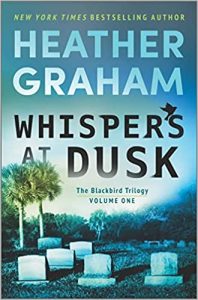 When the series began in
When the series began in 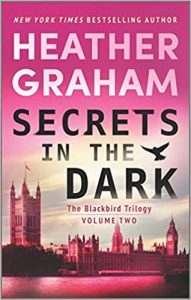 Escape Rating A-: I’ve enjoyed the entire
Escape Rating A-: I’ve enjoyed the entire 
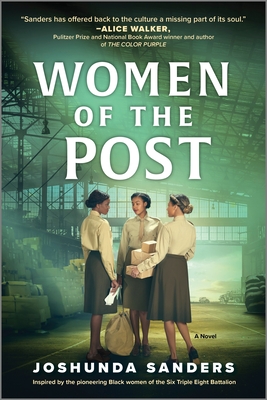 Women of the Post by
Women of the Post by 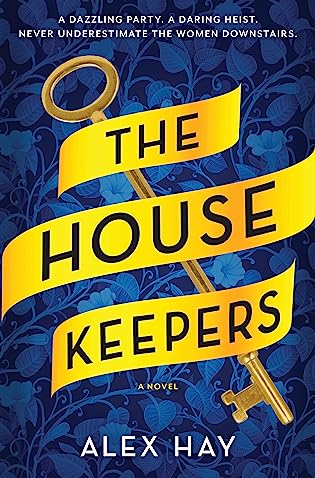 The Housekeepers by
The Housekeepers by  Escape Rating B: The Housekeepers is all about the heist. Which means that the characters take a back seat to the caper on this thrill ride, and the story is more about putting the operation together and taking the target apart than it is about the gang who are pulling it off.
Escape Rating B: The Housekeepers is all about the heist. Which means that the characters take a back seat to the caper on this thrill ride, and the story is more about putting the operation together and taking the target apart than it is about the gang who are pulling it off.